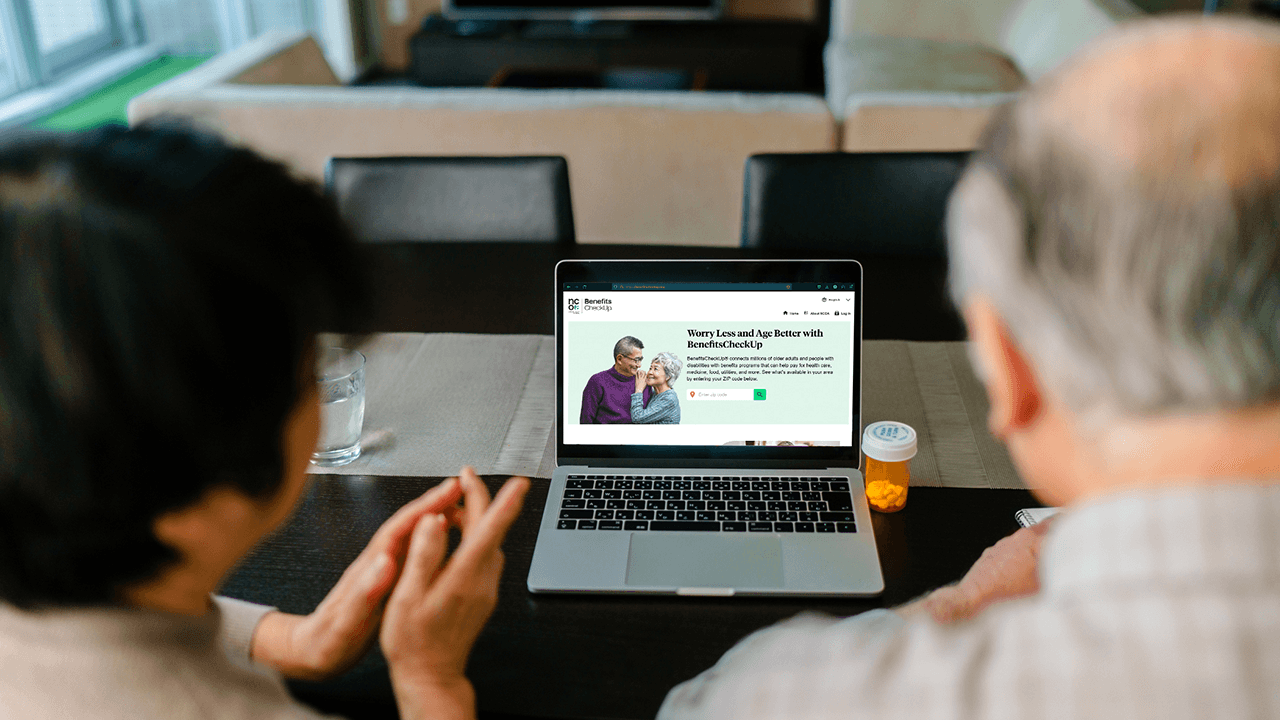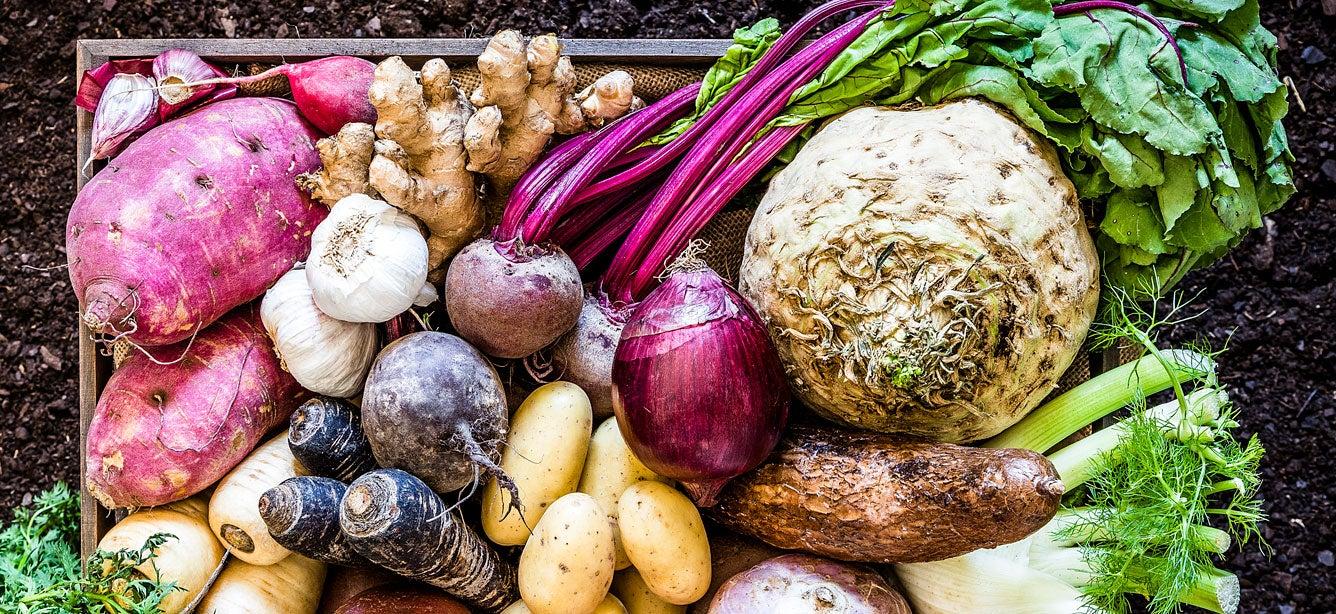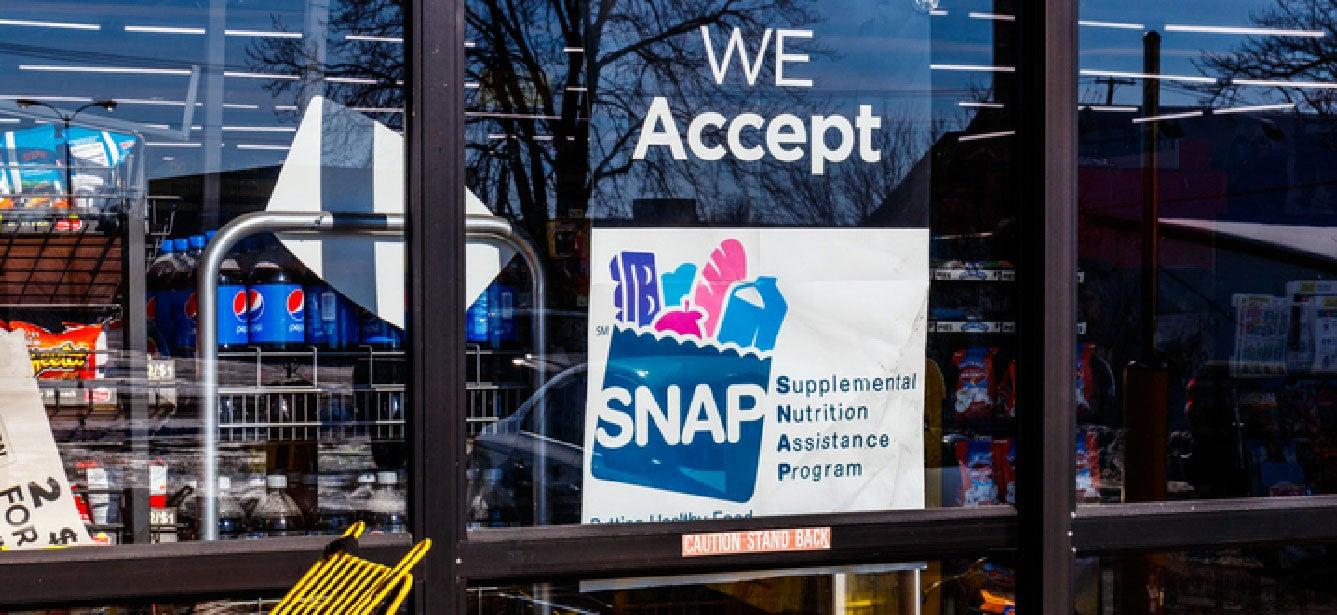Does Getting SNAP Affect My Eligibility for Part D LIS/Extra Help?
5 min read

Related Topics
People at all income levels deserve to be able to fill their grocery cart with healthy, nourishing foods—especially in an age of high inflation and rising living costs. The Supplemental Nutrition Assistance Program, also known as SNAP, is a government benefits program that helps people and families with limited means afford to eat well.
SNAP is run by the U.S. Department of Agriculture (USDA) Food and Nutrition Service (FNS) in partnership with states. If you qualify, you receive funds each month on an Electronic Benefit Transfer (EBT) card, which you can use to buy groceries at authorized stores.
If you’re a Medicare enrollee who receives SNAP benefits, you may be wondering how that might affect your ability to qualify for other important, money-saving benefits programs. One such program is the Medicare Part D Low Income Subsidy (LIS), also known as “Extra Help.”
What is Part D LIS/Extra Help?
Part D LIS/Extra Help covers a portion of out-of-pocket prescription drug costs to provide financial relief for those with limited income and resources. Starting in 2024, the program’s Partial Subsidy benefit will be eliminated and eligibility for the Full Subsidy will be expanded to people with up to 150% of the Federal Poverty Level (FPL). If you qualify, you will pay:
- No premiums for your Part D drug plan
- No deductibles
- No more than $11.20 in 2024 for each brand-name drug the plan covers ($4.50 for generic drugs)
- No Part D late enrollment penalty, if it applies
The Social Security Administration (SSA) and Centers for Medicare & Medicaid Services (CMS) jointly administer the LIS/Extra Help program. Some people are automatically enrolled in LIS/Extra Help, while others need to apply for this benefit directly through SSA. Learn more about how LIS/Extra Help works and explore eligibility guidelines.
Does getting SNAP affect my eligibility for LIS/Extra Help?
The SNAP and LIS/Extra Help programs are run by different agencies and have separate eligibility rules. The interaction between them can depend on the state and specific program guidelines. However, in general, participating in SNAP should not directly impact your ability to qualify for LIS/Extra Help. That’s because, according to SSA, monthly SNAP payments are not counted toward the LIS/Extra Help income limit.
Eligibility guidelines and program rules may change over time. That’s why it's a good idea to contact SSA or your local Social Security office to get the most accurate, up-to-date information regarding your specific situation.
SNAP is life-changing for many older adults
It’s a relief to know you can get SNAP benefits without worrying how it will affect your eligibility for prescription drug assistance. For many older adults, SNAP can mean the difference between eating healthy and going without. One real-life example is Mr. KC, age 64. He had recently moved out of a nursing home, which meant he could no longer count on three square hot meals a day. With no income to support himself, Mr. KC reached out to Elder Law of Michigan—one of NCOA’s 90 Benefits Enrollment Centers (BECs) nationwide—and asked for help applying for food benefits.
When BEC staff encouraged him to complete a SNAP application, Mr. KC said he was legally blind and had trouble reading paperwork. The BEC team was able to accommodate Mr. KC’s needs and help him successfully complete and submit his application. Soon after, he received great news: he had been approved for full SNAP benefits of $280 a month.
I am so grateful for the support I received from Elder Law Michigan,” Mr. KC told NCOA.
Find all the money-saving benefits programs you qualify for
Life is stressful when you’re barely making ends meet. The constant financial worry—whether it’s buying groceries, paying for your medications, or covering your utility bills—can take its toll on your mental and physical health.
If you’re having trouble affording your basic expenses, visit NCOA’s BenefitsCheckUp®, which connects millions of older adults and people with disabilities to nearly 2,000 benefits access programs and resources. These programs can help reduce the costs of health care, prescriptions, groceries, utilities, and more. Take Harry, for instance. After a serious brain injury forced his wife to quit her job to care for him, this 68-year-old retiree found a potential annual savings of $7,175 through various benefits programs.
Mr. KC and Harry were fortunate to find out about benefits programs that could help them. Unfortunately, many eligible older adults miss out because they don’t know these programs exist—to the tune of $30 billion in lost benefits each year. Don’t let that be you (or someone you care about).
BenefitsCheckUp is 100% confidential, and there’s no need to register. Simply type in your ZIP code to see a list of programs available in your area. We'll even tell you how to get one-on-one help finding and enrolling in benefits programs you may qualify for. Best of all, it takes just a few minutes to find potential savings.



